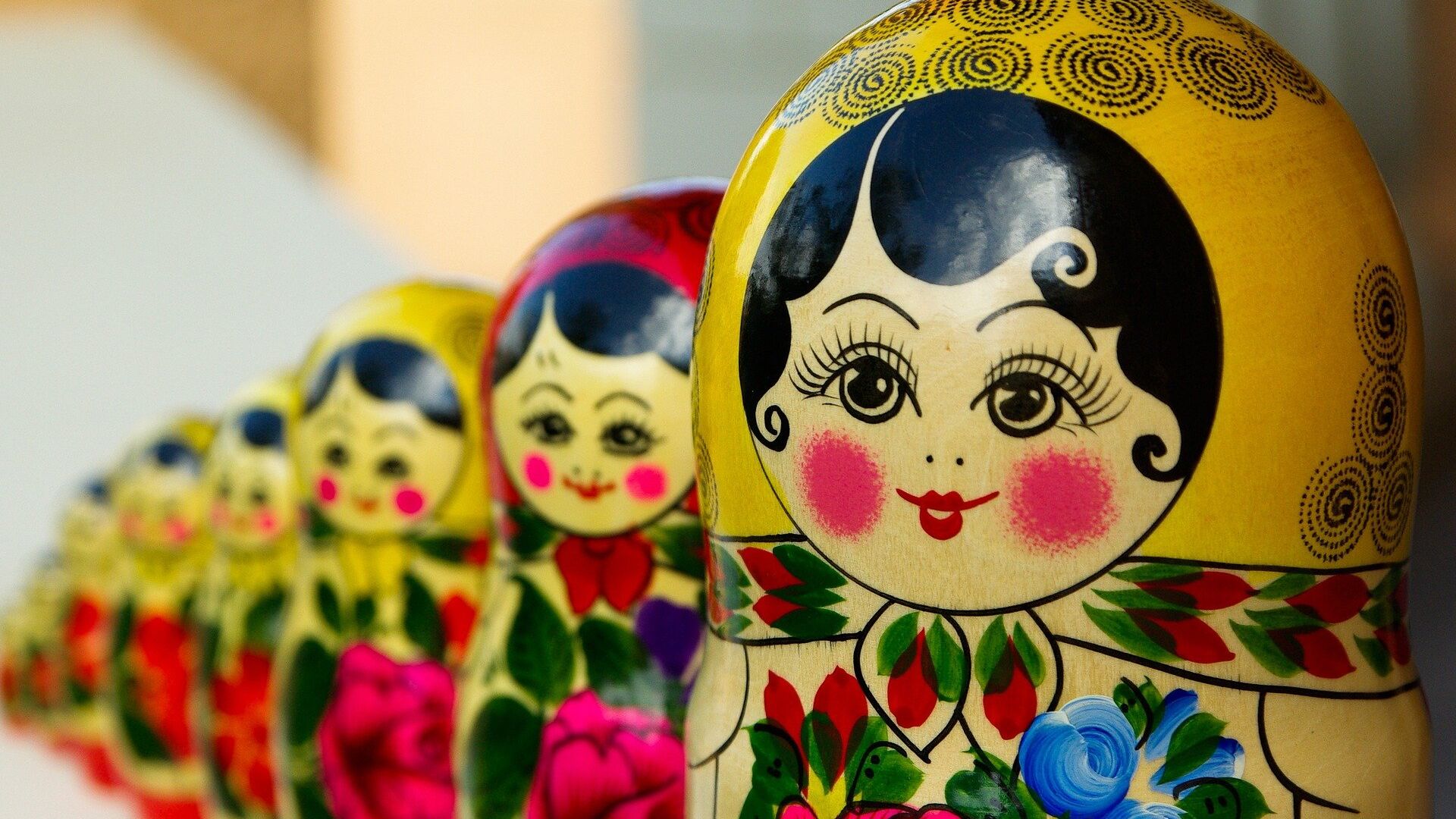https://sputnikglobe.com/20220304/sales-of-books-about-russia-boom-in-norway-despite-boycotts-1093572034.html
Sales of Books About Russia Boom in Norway Despite Boycotts
Sales of Books About Russia Boom in Norway Despite Boycotts
Sputnik International
Russia's special operation to demilitarise and "de-Nazify" Ukraine to protect the People's Republics of Donbass sparked a slew of boycotts across the Western... 04.03.2022, Sputnik International
2022-03-04T05:18+0000
2022-03-04T05:18+0000
2022-03-04T05:19+0000
russia's special operation in ukraine
scandinavia
newsfeed
russia
norway
culture
literature
https://cdn1.img.sputnikglobe.com/img/104543/56/1045435682_0:84:1920:1164_1920x0_80_0_0_aaf2b97880149904b7eb958556a6508d.jpg
Books about Russia and Russian history, as well as by Russian authors, have ended up on top lists in Norway, in spite of numerous international bans and calls to be boycotted, national broadcaster NRK has reported.According to Schiøtz, people want a deeper understanding of what is happening, "other than what you see in the media".At the same time, boycotts of Russian athletes, celebrities, and cultural figures have occurred across the West, including Norway, where the Norwegian Opera and Ballet and the Munch Museum chose to close the door to Russian actors. The Kilden Theatre in Kristiansand also cancelled their collaboration with the St. Petersburg Ballet Theatre, which was scheduled to perform "Swan Lake".The Ukrainian branch of PEN even specifically called to boycott Russian writers, but its Norwegian counterpart refused."We believe that art and culture should be communicated freely even in wartime. We understand that people boycott at the institutional level, but not at the author level", Kjersti Løken Stavrum, the head of Norway's PEN, told NRK.Magne Lerø, the editor of the magazine Kulturplot, argued that a boycott will have the opposite effect. Instead, he called for more conversation rather than boycotts, which may go too far.Russia's special operation to demilitarise and "de-Nazify" Ukraine to protect the People's Republics of Donbass sparked stern denunciation from the West, with a panoply of sanctions targeting "oligarchs", finances, banks, and companies. However, the cultural world has also fallen prey: for instance, conductor Valery Gergiev was fired from the Munich Philharmonic Orchestra for refusing to denounce Russia's latest actions in Ukraine. The University of Milano-Bicocca, in Milan postponed a course about the work of Russian author Fyodor Dostoevsky, but later backtracked.
scandinavia
norway
Sputnik International
feedback@sputniknews.com
+74956456601
MIA „Rossiya Segodnya“
2022
News
en_EN
Sputnik International
feedback@sputniknews.com
+74956456601
MIA „Rossiya Segodnya“
Sputnik International
feedback@sputniknews.com
+74956456601
MIA „Rossiya Segodnya“
scandinavia, newsfeed, norway, culture, literature
scandinavia, newsfeed, norway, culture, literature
Sales of Books About Russia Boom in Norway Despite Boycotts
05:18 GMT 04.03.2022 (Updated: 05:19 GMT 04.03.2022) Russia's special operation to demilitarise and "de-Nazify" Ukraine to protect the People's Republics of Donbass sparked a slew of boycotts across the Western world, targeting Russians in all spheres of cultural life, ranging from conductor Valery Gergiev to legendary writer Dostoevsky in a modern-age witch hunt.
Books about Russia and Russian history, as well as by Russian authors, have ended up on top lists in Norway, in spite of numerous international bans and calls to be boycotted, national broadcaster NRK has reported.
"We see that there is great interest in learning more and gaining more knowledge about the situation, so sales of literature about Russia and Russian authors have increased", director of the Book Dealers Association Anne Schiøtz told NRK, referring to Russia's special operation in Ukraine that sparked massive condemnation across the Western world.
According to Schiøtz, people want a deeper understanding of what is happening, "other than what you see in the media".
At the same time, boycotts of Russian athletes, celebrities, and cultural figures have occurred across the West, including Norway, where the Norwegian Opera and Ballet and the Munch Museum chose to close the door to Russian actors. The Kilden Theatre in Kristiansand also cancelled their collaboration with the St. Petersburg Ballet Theatre, which was scheduled to perform "Swan Lake".
The Ukrainian branch of PEN even specifically called to boycott Russian writers, but its Norwegian counterpart refused.
"We believe that art and culture should be communicated freely even in wartime. We understand that people boycott at the institutional level, but not at the author level", Kjersti Løken Stavrum, the head of Norway's PEN, told NRK.
Magne Lerø, the editor of the magazine Kulturplot, argued that a boycott will have the opposite effect. Instead, he called for more conversation rather than boycotts, which may go too far.
"In the end, it may be the case that Russians are not allowed to enter cafes, or that you do not want to buy food from a Russian restaurant. Let us not behave as we did against the Germans after World War II", Lerø said, referring to so-called "German girls" and their children, who were ostracized, stigmatised, and in some cases deported because of their relationships with German soldiers during World War II. As part of the national reckoning, in 2018, the Norwegian government offered a formal apology.
Russia's special operation to demilitarise and "de-Nazify" Ukraine to protect the People's Republics of Donbass sparked stern denunciation from the West, with a panoply of sanctions targeting "oligarchs", finances, banks, and companies. However, the cultural world has also fallen prey: for instance, conductor Valery Gergiev was fired from the Munich Philharmonic Orchestra for refusing to denounce Russia's latest actions in Ukraine. The University of Milano-Bicocca, in Milan postponed a course about the work of Russian author Fyodor Dostoevsky, but later backtracked.


